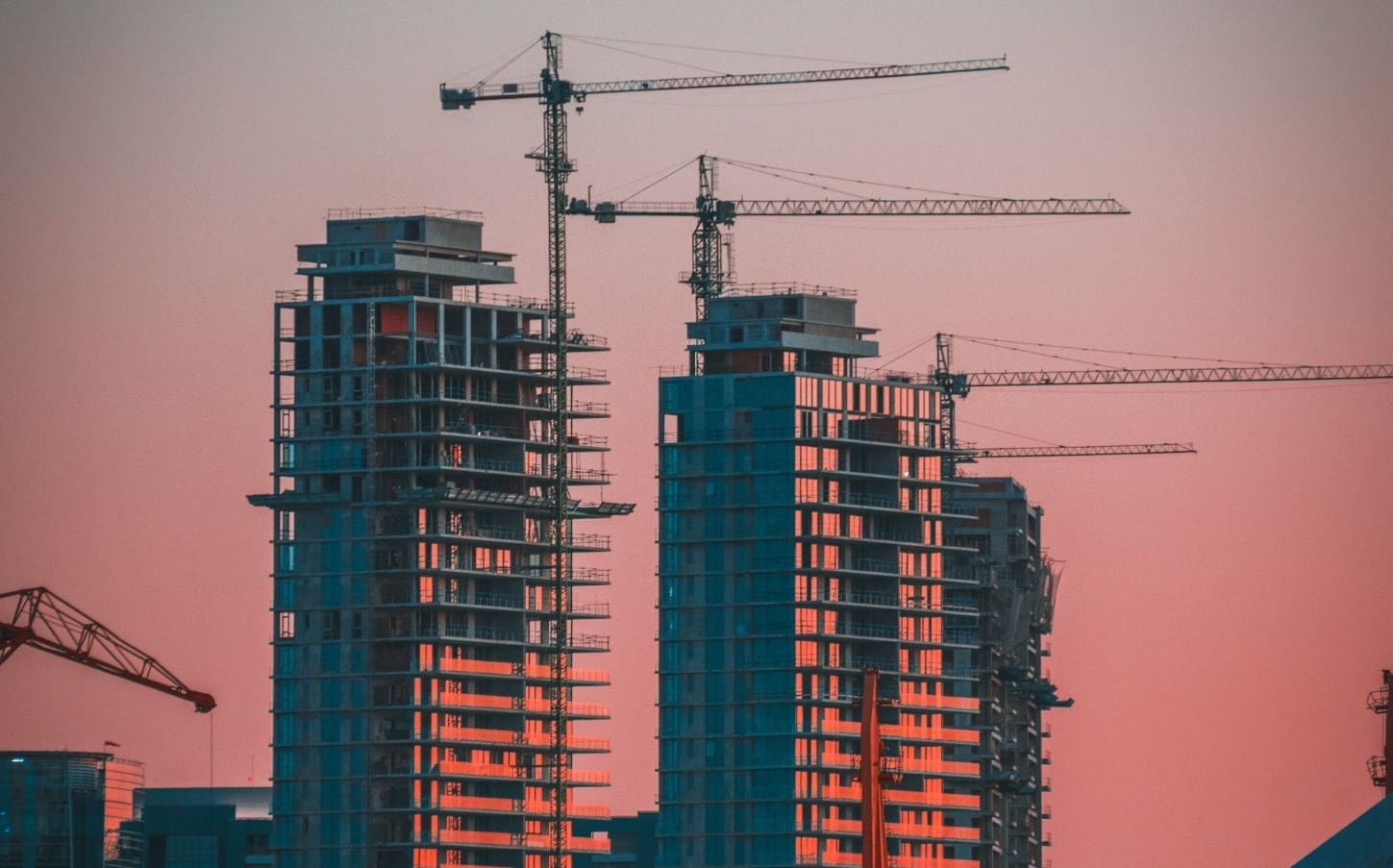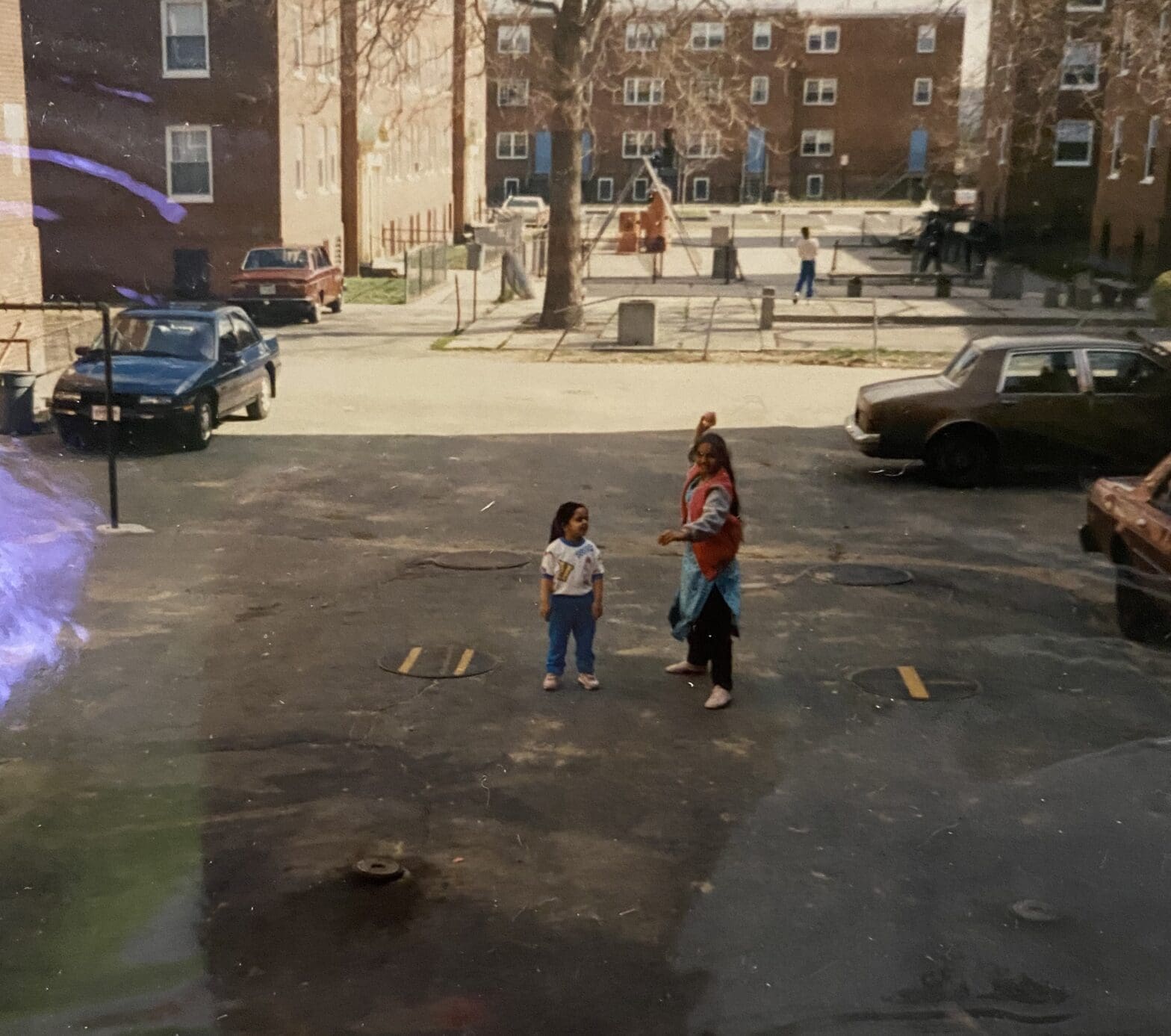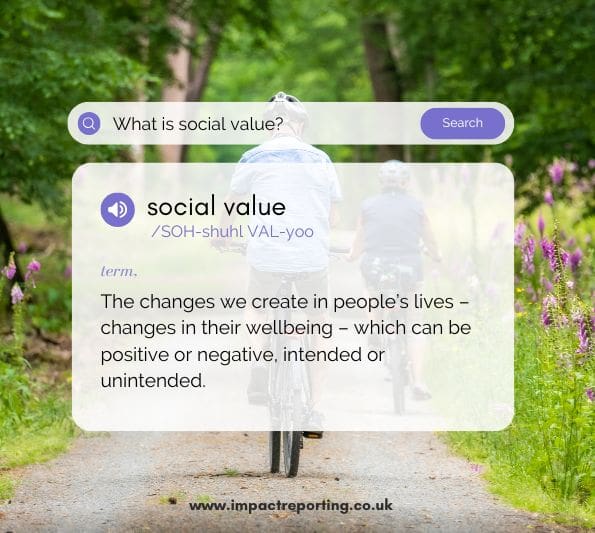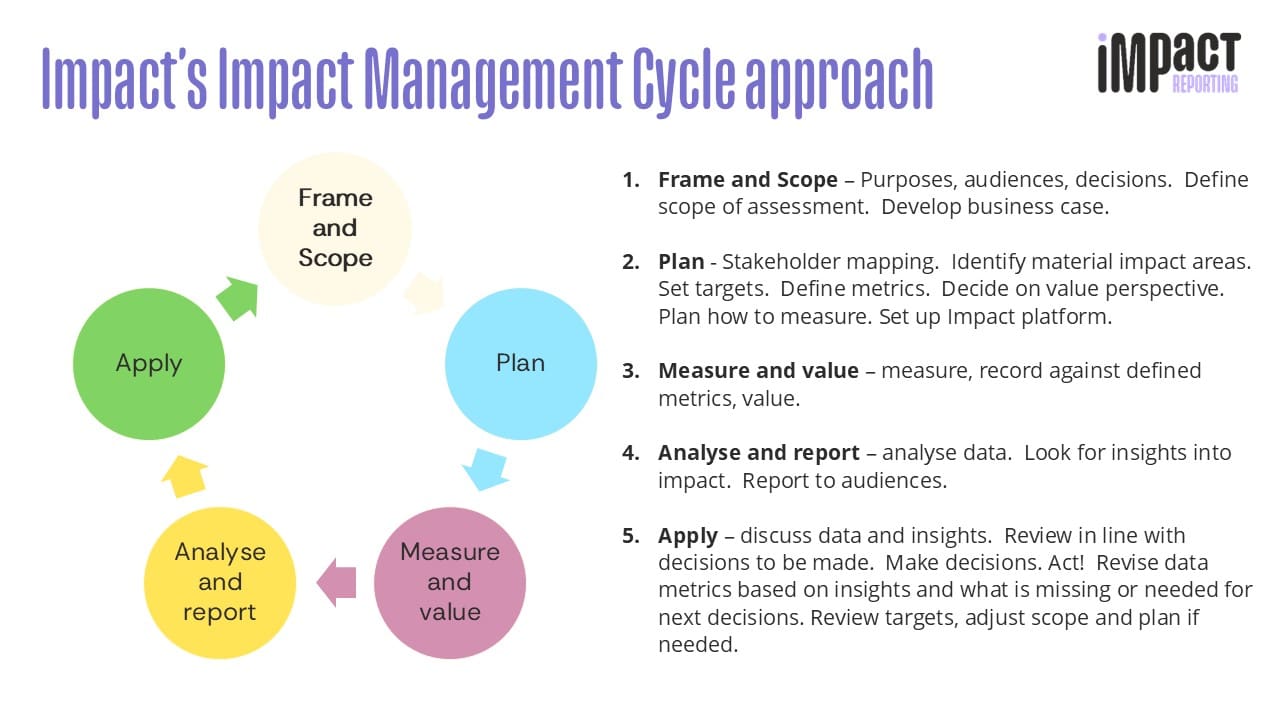The evolution of social value in infrastructure
We spoke a few months ago about the new social value model for the awarding of government contracts. As of January this year, social value must be ‘explicitly evaluated’ in all central government procurement. This is a stark change from the Public Services (Social Value) Act 2012, which made social value something just to be ‘considered’.
First of all, we hope you’ve all found your feet with this new model and are seeing a marked increase to the social value being generated. If you’re struggling, you can find our advice here.
But this isn’t simply a matter of construction. While it’s great to see social value take centre stage, this isn’t where the changes end. Truly ‘building back better’ must involve creating social value in all levels of infrastructure – including planning, design, development, and operations.
With this in mind, we’re looking at three key areas where social value is evolving across the infrastructure sector.
A focus on whole of life value
While plenty of social value can – and should – be generated during procurement and construction itself, this isn’t where social value in infrastructure needs to stop. To capture more social value and leave a more lasting impact on people, communities, and local economies, the industry must also consider longer-term impacts and the bigger picture of projects.
While you might be improving local unemployment during construction – by hiring local, disadvantaged people to work on site – how are you also having a positive impact on local people long-term? You might be reducing noise and minimising waste during the project, but what about everything else you can do to add value to the local area once construction is over? Also, are you definitely capturing all of the value you’re actually producing during a project? How are you measuring and capturing all of this information in the first place?
Before, during, and after construction, there’s plenty of social value to be captured. But outdated processes like spreadsheets aren’t the best way to ensure you’re tracking it all.
One report put it succinctly: “With significant infrastructure investment planned for the UK, matched with severe socio-economic challenges across the country heightened by COVID-19, there is now more need than ever for infrastructure projects to create additional social value over their life-cycle and help to rebuild local economies.”
In short, we’ve been missing out on a lot of social value from all the other stages of development. Instead, we must ask ourselves: how will the finished product improve quality of life in and of itself? How can we continue to generate unlimited value long into the future? How can we create robust systems to ensure we’re capturing any and all social value we’re generating throughout a project and beyond?
Examples might be providing opportunities for employment long after construction is complete – for example, in mixed-use developments. Creating office space to improve the resilience of SMEs in the local area. Or including cycle paths to help more people travel in a more environmentally friendly way.
At the design stage, we could be generating more social value by embracing community consultation, engagement, or even co-designing. There’s room to involve local stakeholders during initial discussions of what’s needed, asking for input during the designing process, or actively co-designing with the local communities who will benefit from the finished project.
At the moment, this isn’t nearly as prevalent as it could be. 24% of people said social value is included in client design briefs ‘poorly’. While 17% said ‘neutral’ and 4% ‘very poorly’. User-centred design principles that consider accessibility, the demographics of users, and inclusivity are also great ways to add more value before work even gets underway.
Improved contract management in construction
Another way the infrastructure sector is slowly but surely strengthening its relationship with social value is through improved contract management.
This involves ensuring better follow through from contractor’s social value commitments to actual delivery. You track social value through the entire project life cycle to ensure all that’s been promised is actually delivered. This can be done using monthly reporting cycles to boost the accountability of all contractors contributing to a project.
By putting KPIs based on a contractor’s tendered commitments in place, and regularly monitoring and reporting on these, we can make sure no social value is missed during the construction process. That we’re only ever meeting or exceeding the proposed social value of projects.
It’s also imperative to explore the viability and feasibility of commitments before construction, during tender, to minimise any social value falling short.
Modern Methods of Construction
Modern Methods of Construction (or MMCs) are non-traditional techniques used to increase construction’s productivity, profitability, and social impact.
MMCs move aspects of the construction process away from physical sites. These can be digital-based, innovative techniques that positively impact the construction process by speeding up construction time, boosting collaboration, reducing human error, or minimising wasted resources. Or facilities used for certain aspects of construction – such as manufacturing – that are moved off-site to other, more disadvantaged areas that will benefit more from the employment opportunities and economic boost.
All of these techniques are used alongside conventional, site-based construction to reduce productivity gaps across the UK and bring income and job opportunities into areas that may otherwise be left in the dark.
This modern approach to construction helps address regional imbalances. By transferring aspects of construction off site, we can achieve more widespread, equal economic improvement. Something the government has been actively striving for since the pandemic exposed such inequality across the UK.
Examples of MMCs include:
- Generative design – a way to integrate social value into the design process. A process that works its way backwards from specified outcomes, eliminating human bias, and using algorithms to aid designs that meet preset social goals.
- The Internet of Things (IoT) – harnessing connectivity to better manage and share infrastructure performance. If a completed project has far exceeded expectations in terms of social value, insight can be readily shared to inform decision-making for upcoming projects.
- Building Information Modelling (BIM) techniques – similar to above, BIMs aid in collaboration and encourage learning from past mistakes. If a project has been designed to minimise resource use, but upon completion, fails to perform as expected, BIMs ensure constant feedback loops across projects so the same issues aren’t repeated.
3D printing – practice innovative design solutions before construction gets underway. A great way to minimise excess waste and reduce the costly environmental impact of large-scale mistakes.
The challenges with MMCs
While MMCs do bring great potential for generating more social value across infrastructure projects, they also present a new challenge when it comes to measuring our impact. In the same way that MMCs create a hub-and-spoke approach – the project site being the hub and the off-site facilities being the spokes – tracking social impact will require a solution of the very same set up. With everything becoming more diversified, we’ll need a central place where all our efforts, across multiple sites, can be connected and measured as a cohesive whole.
We’ve said it before and we’ll say it again. Spreadsheets just aren’t up to this sort of heavy lifting. Yet so many organisations still rely on them to organise and measure their crucial social value data. With all this innovation and progress comes an increasing need for more robust social value measurement and reporting tools.
2021 has already proved a transformative year for social value in the infrastructure sector. But it doesn’t stop there. All aspects of the infrastructure sector have incredible potential to contribute to a sustainable, equal recovery for local communities, economies, and the country as a whole. Here at Impact, we’re thrilled to continue doing our part. We can’t wait to see what comes next.
At Impact, we offer an intuitive platform that makes social value data collection, analysis, and reporting simple and reliable across all infrastructure projects. From planning to delivery, with a powerful procurement module in between, our clients benefit from a powerful analysis and reporting process that keeps the social value aspect of your projects as seamless and efficient as possible. If you have any questions, or are interested in a demo, get in touch on 0161 532 4752.




